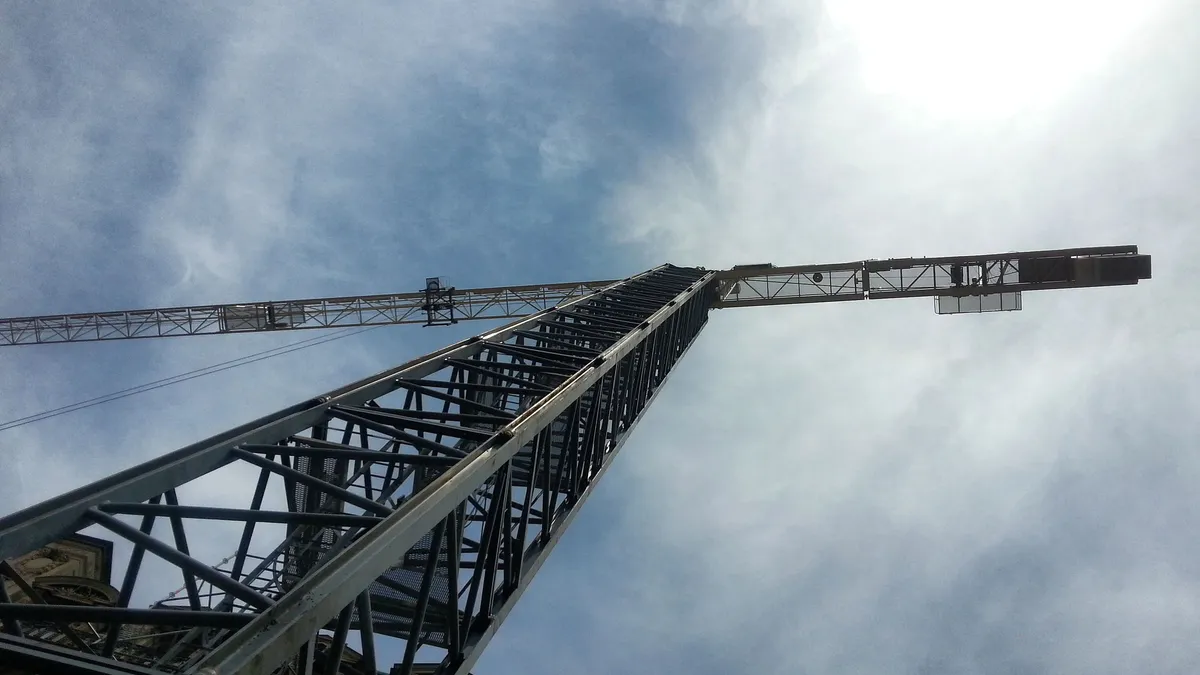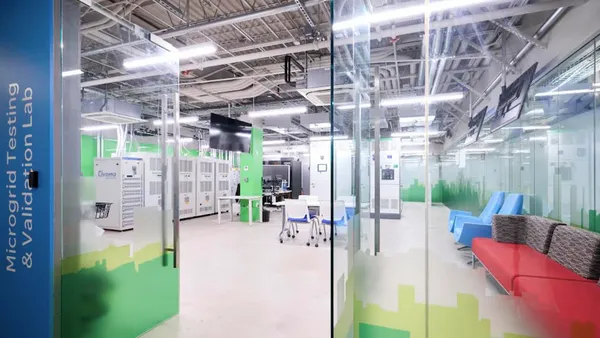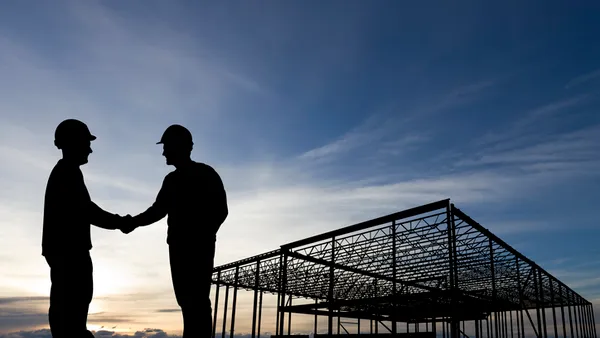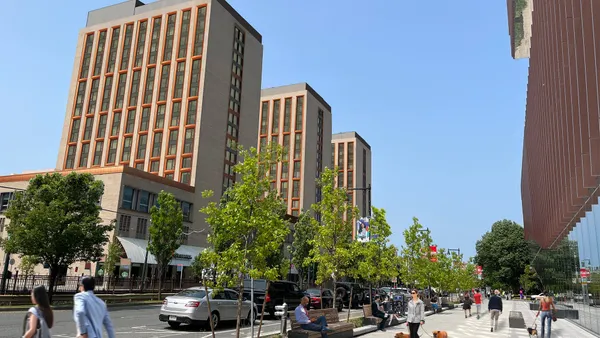Dive Brief:
- Developer North American Properties has announced plans to build a $2.5 billion, 418-acre mixed-use development along the Raritan River in Sayreville, NJ, on the site of a former National Lead Industries factory, according to NJ.com.
- The "Riverton" project is a joint venture with New Jersey-based PGIM real estate and is set to include retail and dining venues, office space, hotels, parks and a marina. According to North American Properties officials, the 5-million-square-foot development will be the largest mixed-use project in the state and one of New Jersey's biggest brownfield remediation efforts.
- Construction and development are expected to last through 2021, but the company must still gain approval for its plans from state and local agencies.
Dive Insight:
Brownfield reclamation, which includes rehabilitating former factory sites and landfills, is fraught with development challenges, both regulatory and otherwise. However, as available land becomes harder to find in some areas of the country, developers are increasingly willing to put up with the hassle of turning those places into moneymaking properties.
National Lead Industries, now known as NL Industries, contributed $40 million to help clean up the site, which was formerly home to a lead paint pigment factory. In 2012, EPEC Polymers, a company that owned land across the river from the former NL site, sued NL for the cost of cleanup on its own property after it found radioactive waste, dumped there by NL but dredged up by the Army Corp of Engineers during a widening of the Raritan River in the 1930s and 1940s, according to the Dallas Observer.
A judge found that NL could be held liable as an owner/operator and arranger under the Comprehensive Environmental Response, Compensation, and Liability Act, Lexology reported. As of January 2017, the U.S. was in mediation regarding the Army Corp of Engineers' role, according to a Nuclear Regulatory Commission report.
Environmental attorney Anna Amarandos, with California law firm, Rutan & Tucker, previously told Construction Dive that one of the biggest hurdles in the redevelopment process for such properties can be the negative public reaction. This, she said, sometimes stems from the misunderstanding that many of their concerns, such as buildup of gases and waste removal, have workable solutions.














